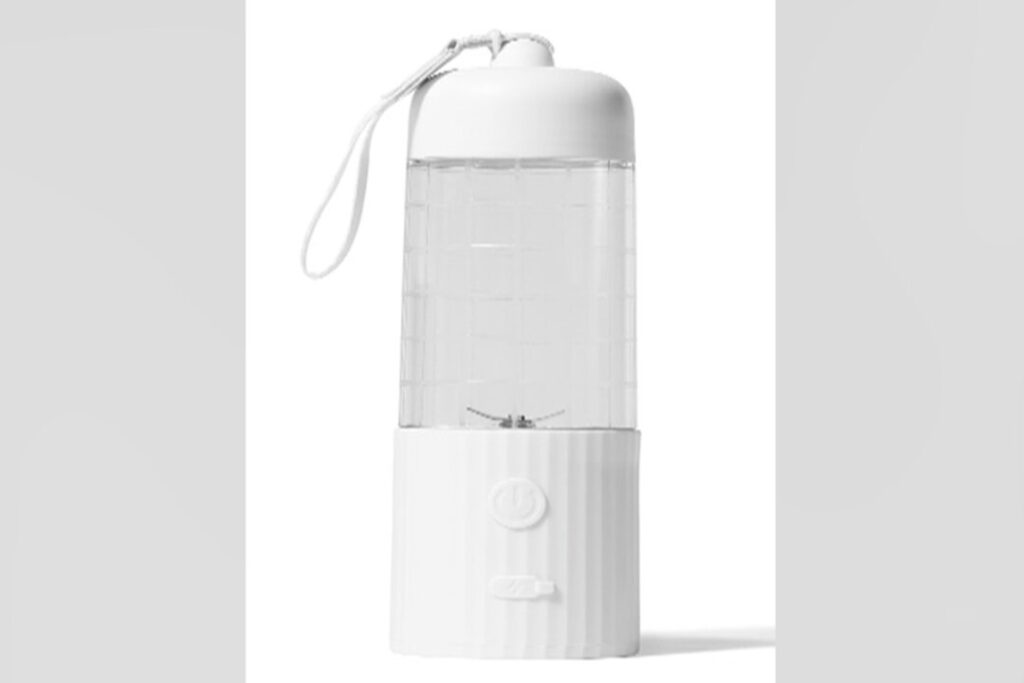In one incident, a customer was able to remove the bottle while the blade was still involved.
According to the Consumer Product Safety Commission (CPSC), New Jersey-based Sakar International Inc. recalls nearly 200,000 blender bottles across the United States to pose safety risks.
Sakar said, “We received one report where the consumer was able to remove the bottle from the base while the blade was engaged. No injuries were reported,” the notice states.
The withdrawn products made in China were sold for around $5 each from December 2024 to January 2025 via Target online stores nationwide.
The bottle is made of a white plastic base and a clear plastic on the top. Codes “Mid #5220824” and “Item: ES15-BB-TA” are printed on the base of each bottle.
“Consumers should immediately stop using recalled blender bottles and contact Sakar with instructions on how to get a full refund in the form of a $5 target gift card or check, as well as a prepaid return shipping label,” the notice states.
“Recalled blenders must be returned to Sakal to receive a refund. No proof of purchase (receipt) is required. Consumers should not return the recalled units to the Target Store.”
Recently, multiple product recalls have been issued regarding the risk of laceration.
The company “received 18 reports of which the handle was ejected, eight of which reported burn and/or lacerated injuries.”
Injuries and recalls
Injuries caused by recalled products last year have skyrocketed to the highest level in the US since 2017, according to a March 24 report from the Public Interest Research Group.
“A total of 869 injuries were related to the products recalled that year (2024),” the report states. “That total has increased dramatically from the 549 injuries reported in 2023, more than twice the injuries reported five years ago.”
“In addition to injuries, 15 people died when linked to a recalled product,” according to the report, 10 more people said “we died when linked to a product the company doesn’t agree to recall.”
Last year’s total of 305 recall announcements were announced along with 63 product warnings from 38 warnings the previous year. Such warnings are issued when the manufacturer does not respond to regulators or cooperate with the recall.
Peter Feldman, representative chairman of the US Consumer Product Safety Commission (CPSC), has denounced China for jumping product warnings.
“The United States is facing a flood of Chinese consumer products that violate US safety laws,” he said. “When CPSC identifies illegal Chinese products, manufacturers are often unreachable, inexplicable or uncooperative.”
In 2020, only three such warnings were issued, in contrast to last year’s 64. Many of these were linked to items manufactured overseas and sold online.
For example, out of the 64 warnings issued last year, 42 were related to products from China. 61 items sold online.
“These numbers are a troubling story about how e-commerce outweighs its ability to ensure product safety,” says Courtney Griffin, director of consumer product safety at CFA.
“CPSC works hard to protect consumers, but unilateral safety warnings are not a substitute for formal recalls.”



